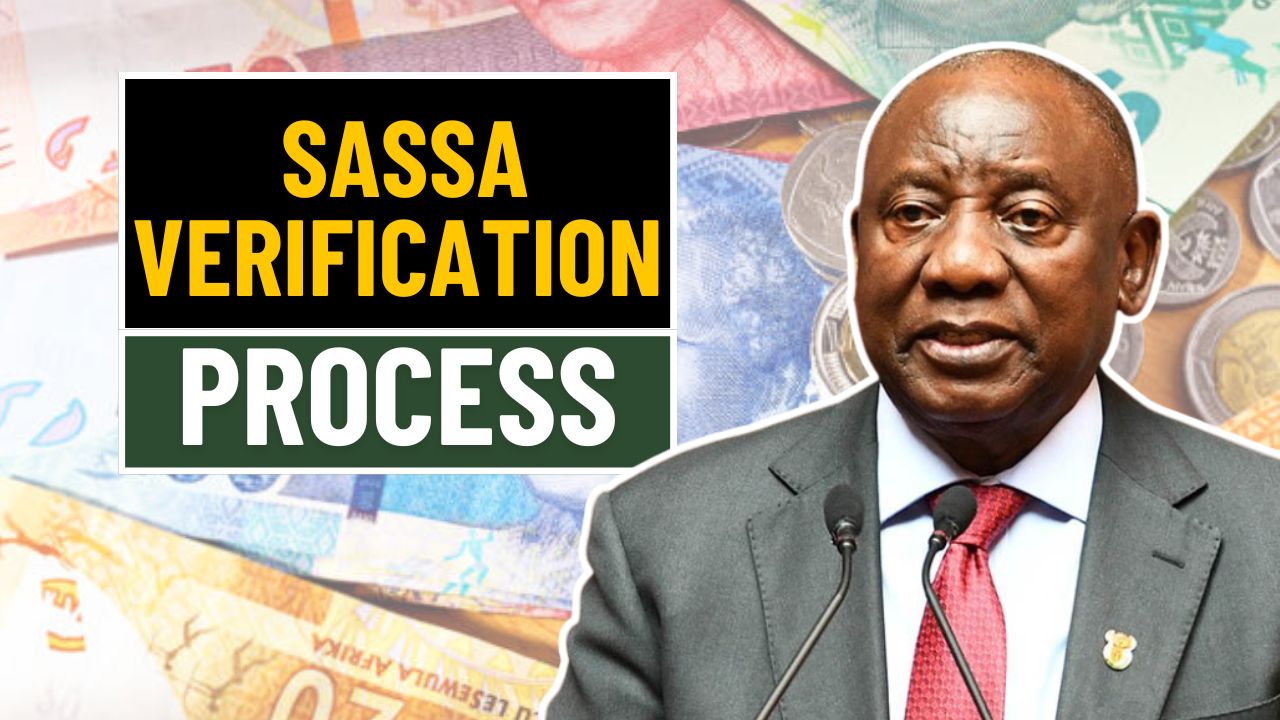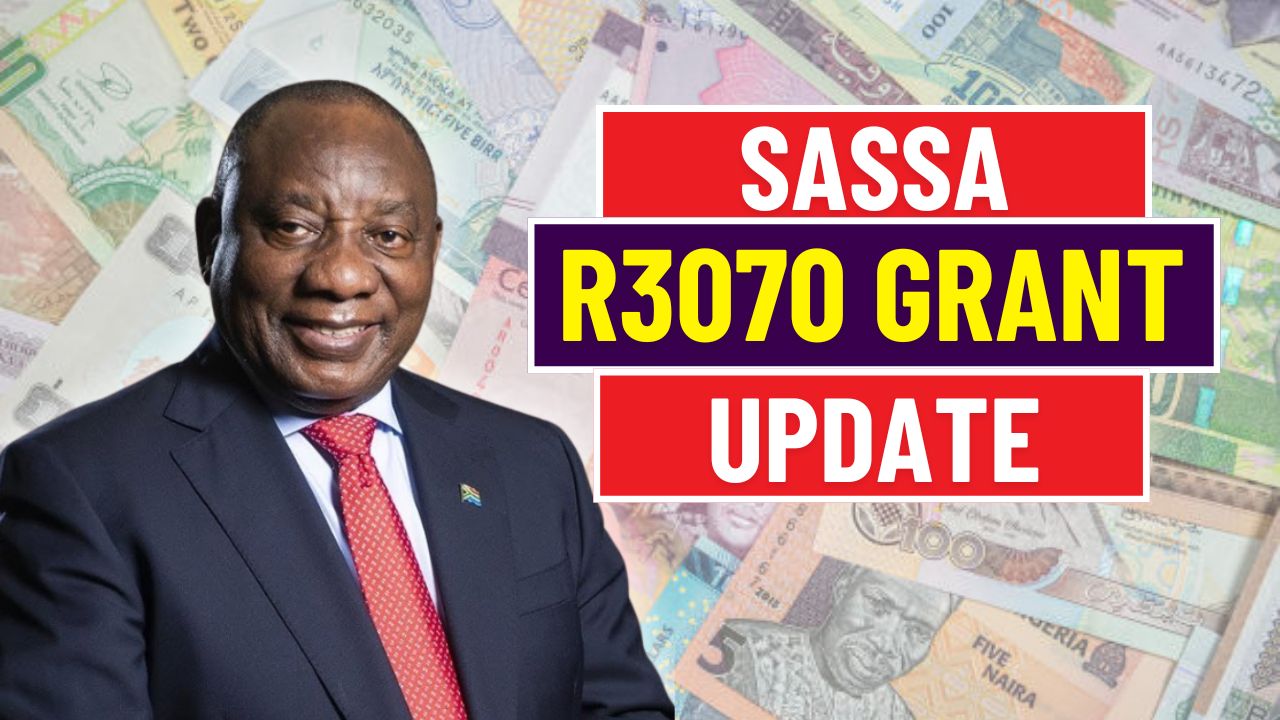South Africa has confirmed a long-anticipated salary increase for government employees, starting from July 2025. The Department of Public Service and Administration (DPSA), following months of negotiations with labor unions, has approved a 6.5% wage increase that will benefit millions of public sector workers. This comes as welcome news for workers across key sectors such as health, education, policing, and administration, especially during a time when the cost of living continues to surge across the country.
With economic pressures from rising fuel, electricity, and food prices, this salary adjustment aims to help public servants keep up with household expenses and restore financial stability after years of stagnant pay growth.
Table of Contents
Salary Deal Reached After Months of Dialogue
The 6.5% salary hike emerged from intensive discussions at the Public Service Coordinating Bargaining Council (PSCBC), where union leaders and government officials worked toward a resolution. While unions originally pushed for a wage increase of over 8%, the final agreement represents a compromise shaped by South Africa’s tight fiscal environment.
Public workers in both national and provincial departments will see their salaries adjusted in line with this agreement, starting with the July 2025 pay cycle. The increase is uniform across departments and applies to all qualifying employees.
Living Expenses Trigger Push for Better Pay
One of the driving forces behind the 2025 salary hike has been the growing strain on household budgets. South African workers have battled steadily rising prices on essential goods and services. Utility bills, petrol costs, and grocery expenses have placed enormous financial stress on civil servants.
This wage increase aims to bring relief to public workers and increase their disposable income. In doing so, it offers more than financial assistance it helps restore confidence and morale among employees who have been vital in keeping essential services running.
What Workers Will Gain Beyond a Salary Increase

Although the focus is on the 6.5% rise in base pay, several important employment benefits remain untouched and continue to support government workers. These include contributions to medical aid, housing support, and pension benefits. While these were also part of union discussions, maintaining these benefits without any reduction has been viewed as a victory under challenging fiscal conditions. These elements help preserve the long-term welfare of employees and provide a safety net beyond their monthly wages.
Government Faces Budget Pressures But Stays Committed
Implementing the salary hike required a careful balancing act. Treasury officials acknowledged the significant weight that public sector wages place on the national budget. Despite this, Finance Minister Enoch Godongwana confirmed that the salary adjustment would not require additional borrowing for the 2025-ons, But Relief Overall
The response from labor unions has been largely supportive, with many viewing the increase as a positive, though imperfect, outcome. Leading unions such as NEHAWU and the Public Servants Association (PSA) praised the non-confrontational nature of the talks and recognized the importance of the wage increase, particularly for workers in the lower pay bands.
Employees in education, healthcare, and policing have shared cautious optimism. While some say the raise doesn’t completely meet expectations, many agree that it offers breathing space and demonstrates the government’s willingness to listen.
Economic Impact Likely to Be Felt Across Sectors
The public sector is one of South Africa’s largest employers, with approximately 1.3 million workers. A salary increase of this scale will have significant ripple effects on the broader economy. With more disposable income, government workers are expected to boost spending in retail, transport, and service sectors.
However, some analysts are concerned about potential inflationary effects, particularly if private companies respond by increasing prices. There are also discussions about whether this move could influence wage demands in the private sector, especially in industries where pay comparisons are common.
Rollout Begins in July as Workers Urged to Check Payslips
The DPSA is now focusing on executing the agreement efficiently. Payroll systems are being updated to reflect the new salary scales, and all adjustments are scheduled to be reflected in July paychecks. Workers are advised to closely review their payslips and report any errors to their department’s human resources team immediately.
Labor unions have committed to overseeing the implementation and providing support for any issues that arise during the rollout. A monitoring system will help ensure timely corrections and smooth processing across departments.
More Negotiations Ahead as Government Eyes 2026 Talks
While the June 2025 salary hike is significant, it may not be the last. Both the government and unions have agreed to reopen wage discussions in early 2026. These future talks are expected to consider inflation, service performance, and new models such as multi-year wage agreements or performance-linked pay.
There is growing interest in aligning future increases with productivity targets and rewarding departments that meet service goals an approach that could modernize wage planning and reduce conflict.
Renewed Hope for the Public Sector Workforce
The 2025 salary adjustment is more than a financial update it’s a meaningful investment in people who keep the country functioning. For teachers, nurses, police officers, and civil servants, the raise symbolizes recognition and respect for their daily contributions. It also helps rebuild trust between public sector unions and the state.
Although challenges remain, the move represents a turning point in public wage negotiations and provides a solid foundation for future cooperation between government and its workers. As South Africa looks ahead to rebuilding its economy, prioritizing its public workforce will be key to sustaining national resilience.





